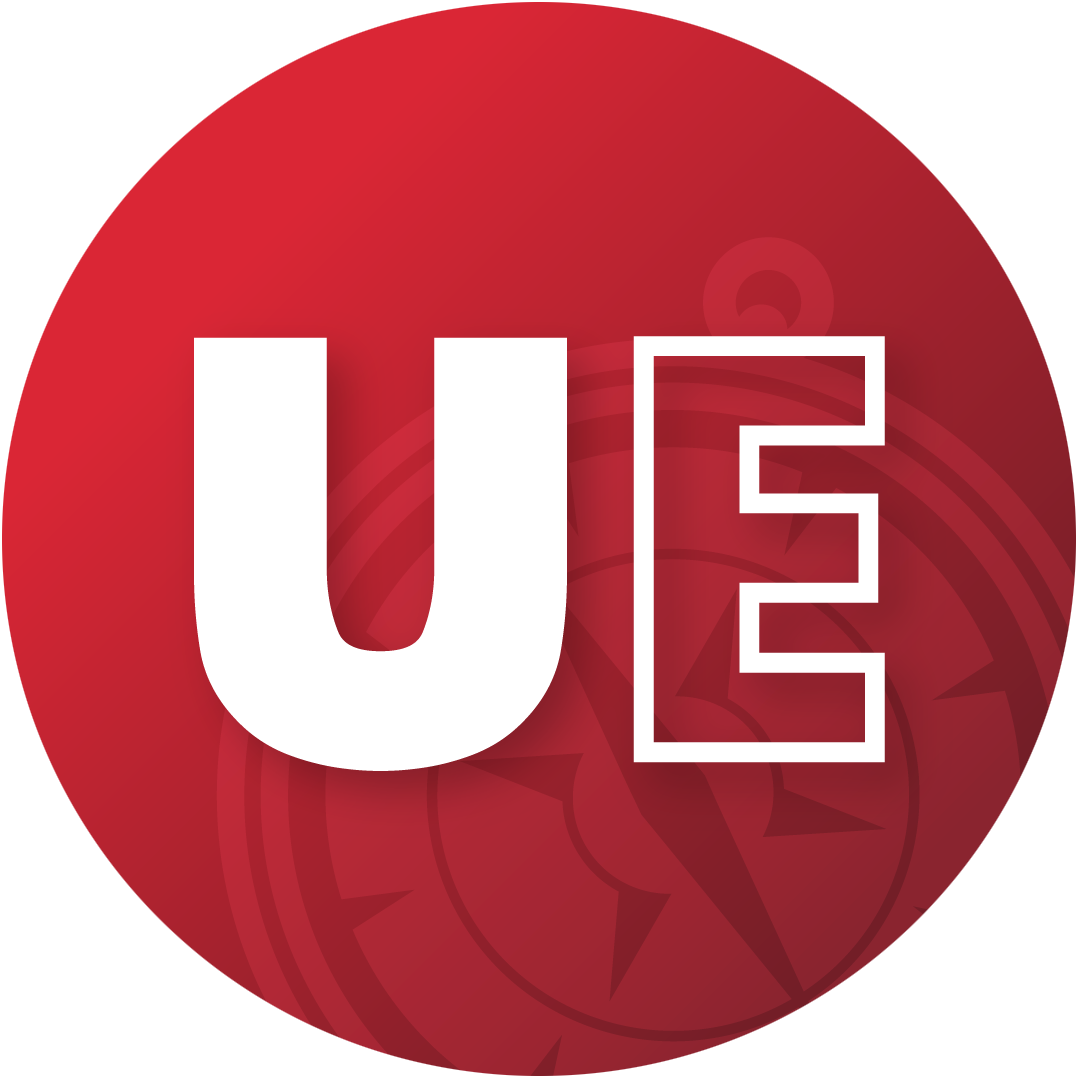Attain the knowledge, skills and necessary qualification to pursue careers in medicine or allied healthcare professions such as medicine, pharmacy, dentistry, nursing, physiotheraphy and chiropractic medicine.
Dentistry is a professional career dedicated to the evaluation, diagnosis, prevention and treatment of diseases, disorders and conditions of the oral cavity, maxillofacial area (upper and lower jaws), associated structures next to these areas and their impact on the human body. As a dentist, you are a member of the healthcare team providing advice to the public about oral healthcare.
Healthcare is the maintenance or improvement of health via the prevention, diagnosis, and treatment of disease, illness, injury, and other physical and mental impairments in human beings. Healthcare is delivered by health professionals (providers or practitioners) in allied health fields. Physicians and physician associates are a part of these health professionals. Dentistry, midwifery, nursing, medicine, optometry, audiology, pharmacy, psychology, occupational therapy, physical therapy and other health professions are all part of healthcare. It includes work done in providing primary care, secondary care, and tertiary care, as well as in public health.
Medical Sciences integrates knowledge of how the human body functions, how it reacts to disease and pharmacological treatment for disease, with the skills needed to enter a range of clinical and academic health professions.
Medical technology can be considered as any technology used to save lives in individuals suffering from a wide range of conditions. In its many forms, medical technology is already diagnosing, monitoring and treating virtually every disease or condition that affects us. Medical technology can be familiar, everyday objects such as sticking plasters, syringes or latex gloves. Alternatively, it could also be spectacles, wheelchairs and hearing aids. Meanwhile, at the high tech end of the scale, medical technology includes total body scanners, implantable devices such as heart valves and pacemakers, and replacement joints for knees and hips.
Nutrition is the intake of food, considered in relation to the body's dietary needs. Nutrition is studied alongside biochemistry and physiology, food science, food safety and food production, which will students a unique opportunity to gain insights into related fields in agriculture and the food industry.
Biomedical sciences are a set of applied sciences applying portions of natural science or formal science, or both, to knowledge, interventions, or technology that are of use in healthcare or public health.
Forensic science is the use of scientific methods or expertise to investigate crimes or examine evidence that might be presented in a court of law. Forensic science comprises a diverse array of disciplines, from fingerprint and DNA analysis to anthropology and wildlife forensics. Though they represent varied disciplines, all forensic scientists face a common set of challenges. How do you ensure that forensic methods produce reliable results? How do you communicate findings to a jury or other nonexperts in a way that is accurate and understandable? How do you keep up with new technology without falling behind on casework? Meeting these and other challenges is critical to ensuring that forensic science remains a powerful force in support of justice and public safety.

